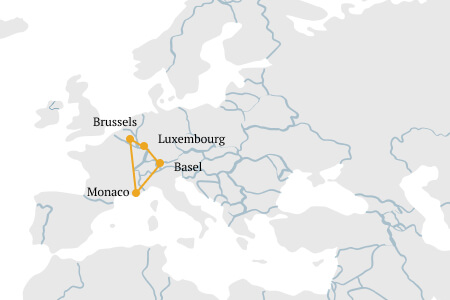Challenge
Under the tobacco advertising directive, the EU Commission’s goal was to hunt down ‘insidious forms’ of tobacco advertising. For this reason, the directive had addressed both direct and indirect advertising to close loopholes. Davidoff and Lancaster had been accused of indirect tobacco advertising through the marketing of perfume products. The challenge was to convince the EU Commission in particular and the EU institutions in general that promoting the Davidoff brand image was not tobacco advertising.
Strategy

The strategy focused on the differentiation between direct and indirect tobacco advertising which the directive had established. The latter being mainly based on a brand diversification strategy of companies. In most cases these brand diversifications were meanwhile brand products of their own, not connected to tobacco products in any way. But the directive’s wording not only addressed the marketing and advertising of such a diversification product like perfumes or clothes. It actually also addressed the diversification product itself, considering the sheer existence of the perfume as indirect tobacco advertising.
Results
We prevented the EU Commission from getting entangled into a wasteful litigation that would have compromised legitimate economic activity. Insofar as issues for Davidoff remained unresolved by lobbying we successfully executed a CJEU case.
